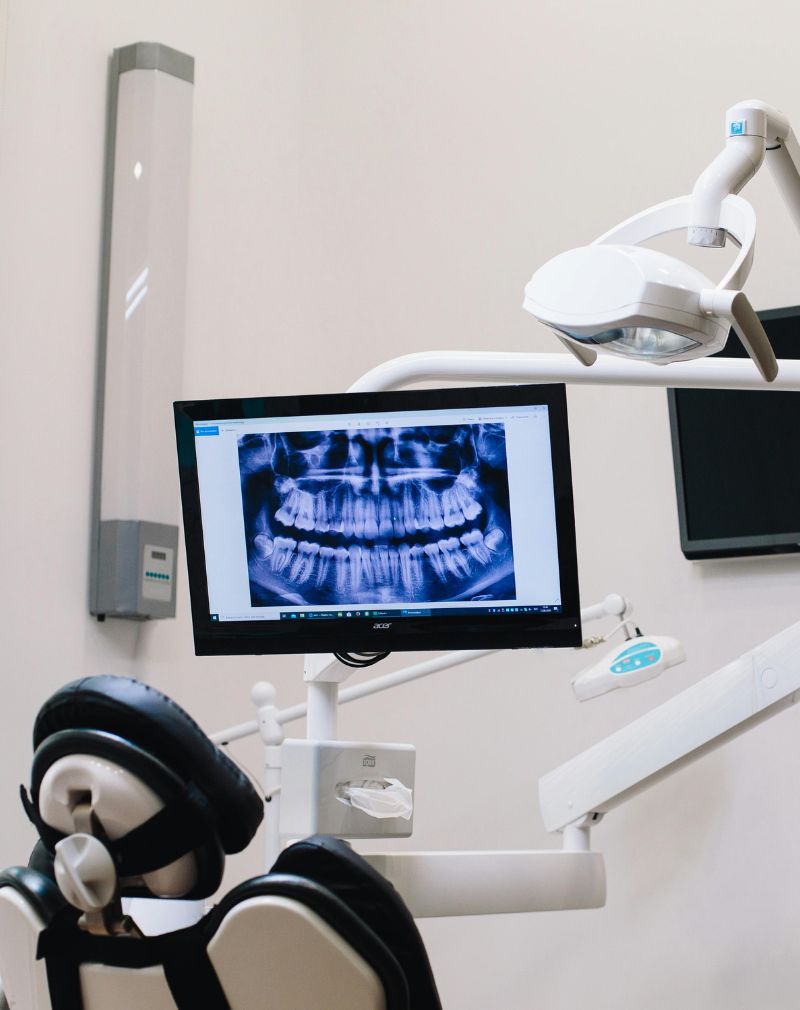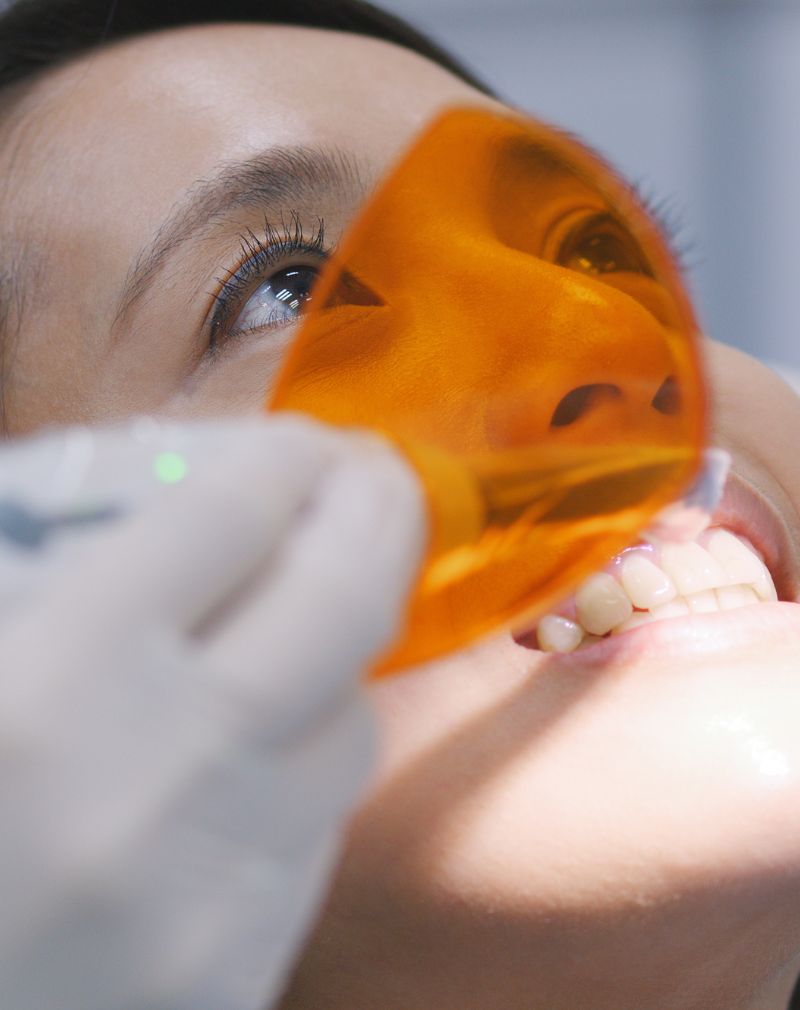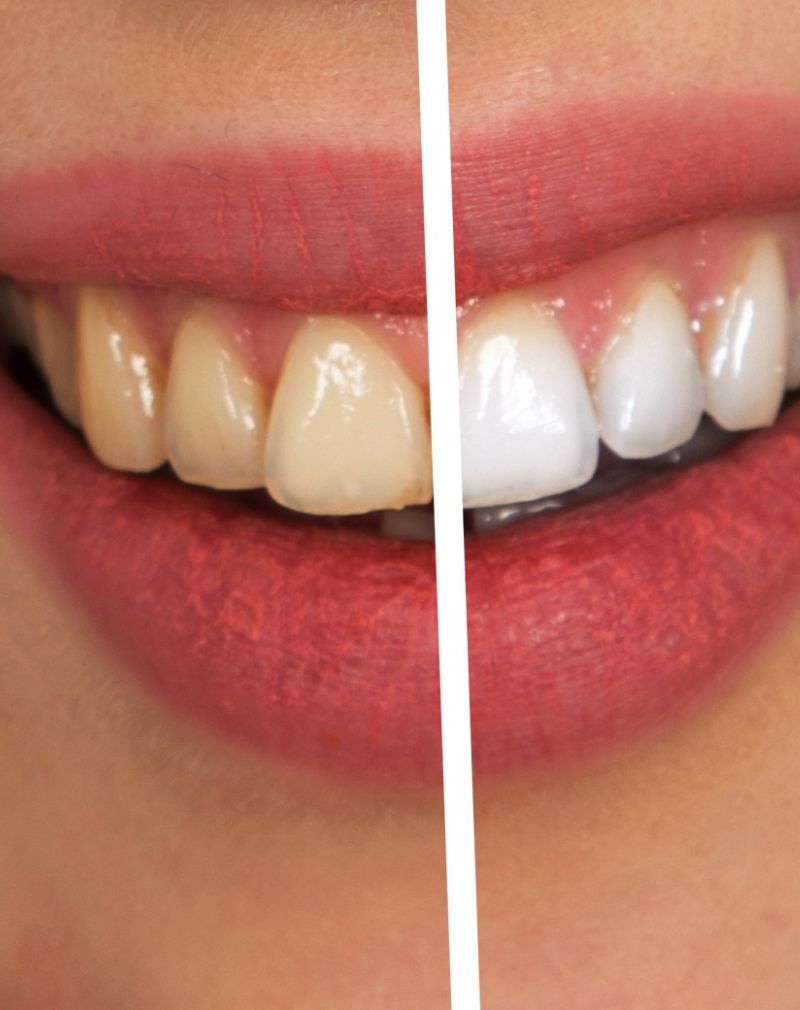You sit in the chair. The dentist asks a routine question: Any medical conditions we should know about?
You pause. Mention the diabetes. The heart meds. Maybe the autoimmune thing your doctor’s still figuring out.
And just like that, your dental visit gets complicated.
Most people don’t connect their chronic illness to their teeth.
But your body does. Every condition you carry, every pill you take — it all shows up in your mouth sooner or later.
Infection risks go up. Healing slows down. Bleeding lasts longer.
What used to be a simple cleaning now needs coordination, caution, and clinical skill.
Yet millions walk into dental clinics every year without saying a word.
They think it doesn’t matter. Or worse — they think they’re just being dramatic.
The truth? If your medical history is complex, your dental care needs to be smarter.
Not gentler. Not more polite. Smarter.
At The American Wellness Center in Dubai Healthcare City, our Dental Department treats people who can’t afford to guess.
People who live with heart disease, diabetes, cancer treatments — and still need a safe, working smile.
Because routine care isn’t routine when your health isn’t.
And no, this isn’t about scaring you.
It’s about telling the truth most clinics avoid:
You can’t separate oral health from the rest of your body. Not anymore.
Who Are Medically Compromised Patients?
Not every patient walks into the clinic healthy.
Some carry more than toothaches. They carry conditions that shift the entire approach to care.
These aren’t rare cases. They’re common. And rising.
Here’s who we’re talking about:
- People with diabetes: Prone to gum disease, dry mouth, slow healing. One extraction can turn into weeks of complications if you’re not careful.
- Heart patients: Those with valve issues or previous surgeries often need antibiotics before dental work — not as a maybe, but as a must.
- Anyone on blood thinners: Even a simple cleaning can lead to unexpected bleeding if the dosage isn’t reviewed first.
- Cancer survivors and active oncology patients: Weakened immune systems mean a high risk of oral infections. Mucositis, ulcers, fungal outbreaks — all common, all painful.
- Patients with respiratory conditions like COPD or asthma: Lying back in a chair or even inhaling certain dental sprays can trigger serious flare-ups.
These are not edge cases.
They’re everyday cases — just ignored or underestimated too often.
At The American Wellness Center in Dubai Healthcare City, we don’t just ask about your health history for formality.
We ask because your safety depends on it.
How Medical Conditions Impact Oral Health
It’s not just about risk during procedures.
Your condition changes your mouth — sometimes in ways you won’t notice until it’s already a problem.
Let’s break it down:
- Diabetes doesn’t just spike blood sugar. It lowers your resistance to infection. Your gums become the first battleground.
- Heart disease doesn’t live in your chest alone. The bacteria in your mouth can travel — yes, travel — through your bloodstream and inflame your heart lining.
- Bleeding disorders or blood thinners turn a minor cut into a serious bleed. That includes gum treatments, extractions, and even deep cleanings.
- Cancer treatment? Brutal on the mouth. Radiation and chemo can peel back your body’s natural defenses. Infections. Sores. Dry mouth so severe it affects nutrition.
- Autoimmune diseases confuse your body into attacking itself. In the mouth, this can show up as burning, swelling, or raw ulcers that never seem to heal.
You don’t need to understand all the science.
But you need a dentist who does.
And who treats you with that understanding from the first chair-side conversation.
Oral Diseases That Complicate Health Conditions
Sometimes, the mouth is where the trouble starts.
And sometimes, it’s where it explodes.
Here’s what we see in medically complex patients — not hypotheticals, real cases:
Mucocutaneous Disorders
Lichen planus. Pemphigus vulgaris. Sound unfamiliar? They’re not. These cause painful lesions inside the mouth that burn with every bite. They require a dentist who knows exactly what they’re looking at — and what not to touch.
Oral Candidiasis (Fungal Infection)
Looks like white patches. Feels like sandpaper. Thrives when immunity is low. Most common in people with HIV, those on inhaled steroids, or patients in chemotherapy.
Aggressive Periodontitis
This isn’t just bad gums. It’s the kind of gum disease that ruins blood sugar control in diabetics. The kind that worsens heart health. The kind that matters beyond your smile.
Chronic Ulcers and Viral Outbreaks
We see them often in patients with HIV or those undergoing immunosuppressive therapy. They’re not minor irritations. They’re pain traps that affect eating, speaking, even sleeping.
This is why your mouth matters — especially when you’re already dealing with more than enough.
What the Latest Data Is Telling Us
This isn’t just a theory. It’s happening, now.
- In 2025, a multicenter review found 68% of patients with chronic conditions faced at least one oral complication per year.
- According to the FDI’s 2024 global survey, only 1 in 4 patients with long-term illnesses receive proper coordination between dental and medical care.
- The 2025 AHA guidelines now recommend annual dental screenings for all cardiac patients. Not as a suggestion. As a standard.
The science is clear.
When oral care is ignored, chronic illness gets harder to manage.
And sometimes, more dangerous.
How AWC Handles Medically Complex Cases Differently
Not every dental clinic is equipped for high-risk care.
We are.
At The American Wellness Center in Dubai Healthcare City, here’s what sets us apart:
- We start with your story
Not just your teeth. Your diagnosis, medications, recent labs — everything. - We consult across departments
Dentists speak directly with your internal medicine doctor or cardiologist. No guesswork. - We plan around your risks
Medication timing, anesthesia options, infection precautions — nothing is left to chance. - For high-risk procedures
We offer dental care under monitored sedation, ensuring comfort and safety. - For immunocompromised patients
Sterilization and infection control are elevated, not just routine.
This isn’t “special care.”
It’s the right care for those who need more than the basics.
What Your Dentist Really Needs to Know
If you live with a chronic illness, this part is non-negotiable.
Always share:
- All medications and supplements — even the “natural” ones.
- Recent hospital visits or surgeries — even if they’re unrelated.
- Ongoing treatments — like chemo, dialysis, or immunotherapy.
- Changes in your health — new diagnoses, symptoms, or lab shifts.
We don’t ask to be nosy.
We ask because it can change how — or if — we treat you that day.
Small Shifts, Big Difference: Tips for Safer Dental Health
These habits matter more when your body is under extra pressure:
- Book dental cleanings every 3 to 4 months
Prevention is protection. - Use an alcohol-free mouthwash
Especially if you’re on medication that causes dry mouth. - Control your blood sugar
It’s the best defense against gum disease. - Stay hydrated and use fluoride toothpaste
Dry mouth isn’t just uncomfortable — it’s risky. - Never self-medicate oral pain
It may mask a bigger problem.
When the Mouth Talks, Listen
Sometimes, a bleeding gum is more than a gum problem.
Sometimes, an infection in your jaw is a warning bell for something deeper.
That’s why your dental care can’t live in isolation.
At The American Wellness Center in Dubai Healthcare City, we treat patients with complex health stories every day. We listen closely, plan carefully, and coordinate every step — not because it’s fancy. But because your life might depend on it.
If you’ve been putting off care because of your condition — or because other clinics didn’t know what to do with it — let’s change that.
You deserve dental care that sees all of you. And knows how to treat it.
Let’s talk.



